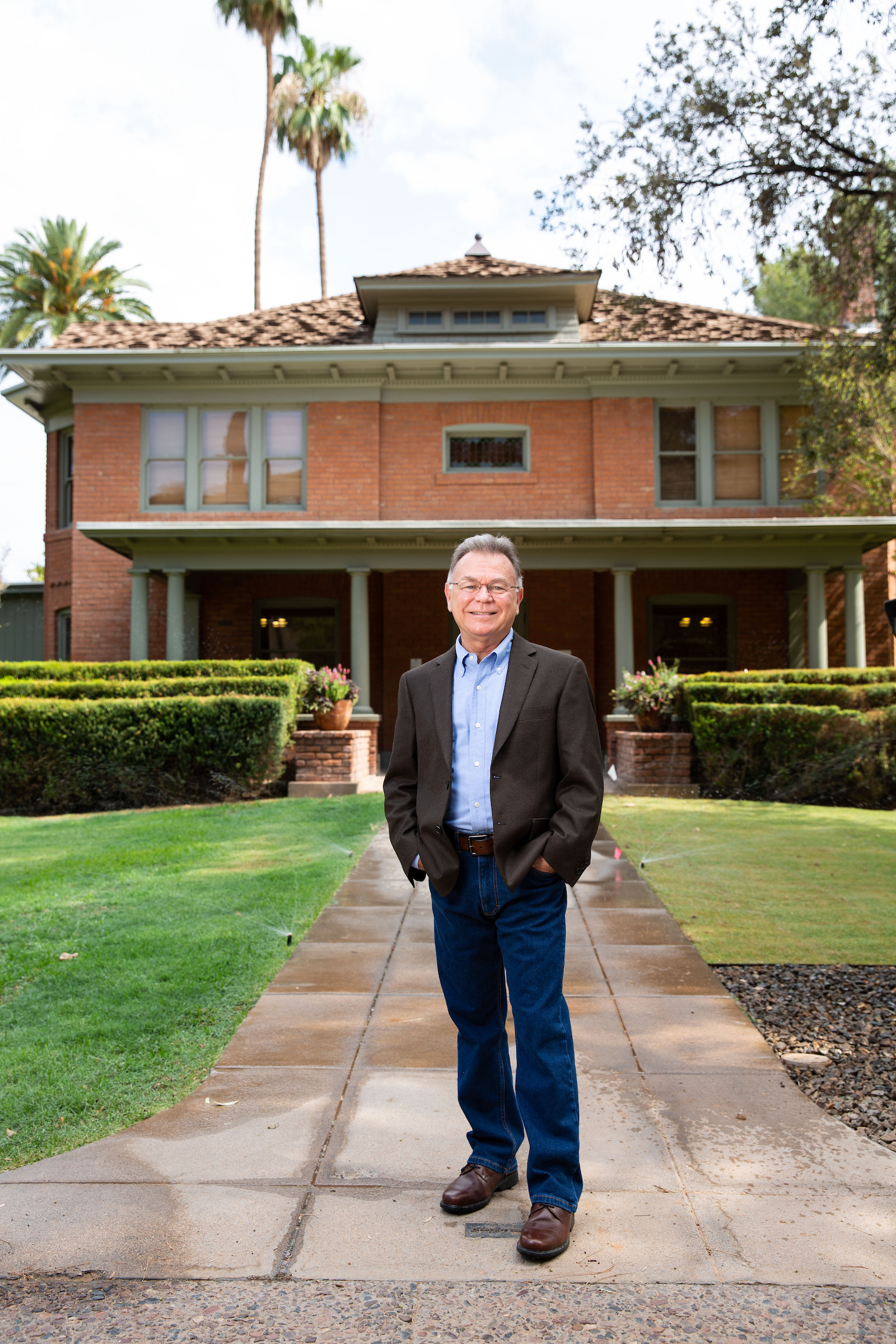The ASU Book Group, hosted by the Virginia G. Piper Center for Creative Writing at Arizona State University, is resuming in-person meetings after being virtual last school year.
The ASU Book Group is held once a month and is open to students, faculty and community members. It was established in 2003 to provide literary events and workshops for the community.
The book group meets monthly on Wednesdays from noon to 1 p.m., with two options for attendance: in person at the Piper Writers House on the Tempe campus or virtually on Zoom.
Judith Smith, a retired ASU media relations officer, started the book club as a way for people to connect with ASU faculty, and to help students and community members better understand the literature written by ASU faculty and local authors.
“I started the book group because working in media relations at ASU, I got to interview so many faculty who wrote these wonderful books, and I thought it would just be so great if anybody could meet these smart, brilliant faculty members,” Smith said.
There are a wide variety of genres covered in the club, including fiction, poetry, nonfiction and biography stories. There are also opportunities to meet the authors and ask them questions at the monthly meetings.
Alberto Ríos. Photo by Deanna Dent/ASU
Alberto Ríos, director of the Virginia G. Piper Center for Creative Writing, is the first author presented in this year’s lineup. He will be showcasing two books that he published this year.
One of them is a book of poetry called “Not Go Away is My Name,” which talks about his experiences growing up near the border. The poems take place in real time with the place being the main character of the story.
“It gives a sense of time, a sense of place, a sense of direction,” Ríos said. “Some of it is scary, some of it is comforting.”
In it, Ríos creates an ode to family life, love and community, and realizes all he can do is not go away.
The other book is a picaresque novel, or a story of adventures. The novel, called “A Good Map of All Things,” focuses on how a community is as important as any one person in it.
“I think creative writing takes all of the things that this university does and thinks about them and positions them; contextualizes the sciences and business. Everything in a creative context helps us to imagine not only what's happened, but what's possible,” Ríos said. “I think there's something energetic and real about the imagination. It helps us see what is not immediately there.”
The first meeting of the semester will be on Sept. 29, and participants are be invited to join the author for lunch after the meeting. Download this flyer to learn more about upcoming meetings or visit english.asu.edu/news-events/events.
The ASU Book Group is sponsored as a community outreach initiative by the Department of English.
More Arts, humanities and education

ASU professor's project helps students learn complex topics
One of Arizona State University’s top professors is using her signature research project to improve how college students learn…

Award-winning playwright shares her scriptwriting process with ASU students
Actions speak louder than words. That’s why award-winning playwright Y York is workshopping her latest play, "Becoming…

Exceeding great expectations in downtown Mesa
Anyone visiting downtown Mesa over the past couple of years has a lot to rave about: The bevy of restaurants, unique local shops…



